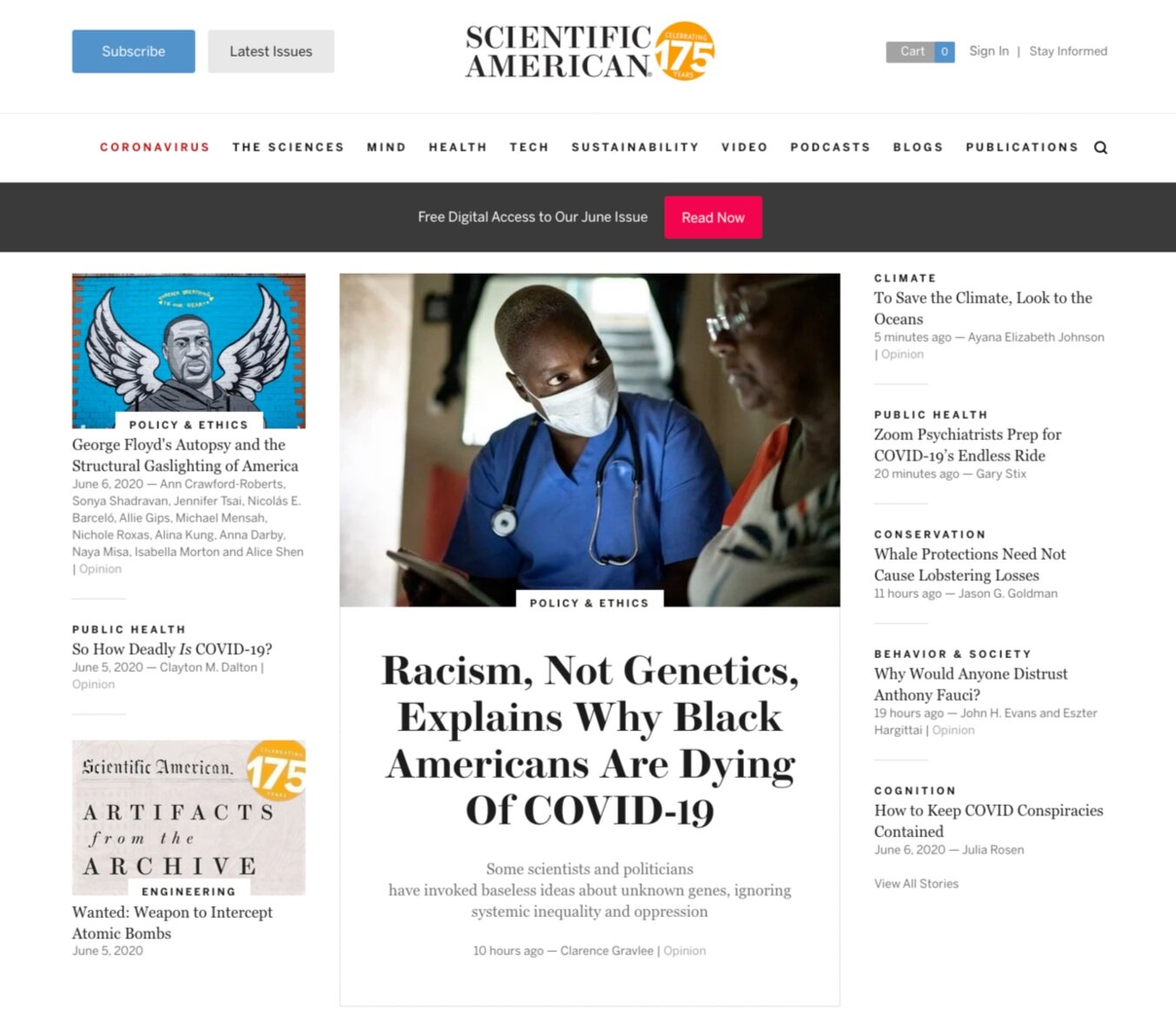I’m happy to be a co-author with a team led by Michelle Cardel on a paper just accepted for publication in the Annals of Behavioral Medicine. Stay tuned!
Experiences of discrimination are associated with worse metabolic syndrome severity among African Americans in the Jackson Heart Study
Cardel, Michelle I., Xiaofei Chi, Yuan-I Min, Mario Sims, Solomon Musani, Akilah Dulin, Clarence C. Gravlee, Steven M. Smith, Mark D. DeBoer, Matthew J. Gurka
Background: Metabolic syndrome (MetS) is a risk factor for the development of cardiovascular disease and type 2 diabetes. While development of MetS is attributed to known lifestyle factors, perceived discrimination may also contribute to MetS development and severity.
Purpose: We examined associations of perceived discrimination with MetS severity among African American (AA) adults at baseline and 8-year follow-up.
Methods: 3,870 participants (mean age 53.8±13.0; 63.1% female) without diabetes and no missing MetS severity scores at baseline were included. Each self-reported measure at baseline (everyday, lifetime, and burden of lifetime) was classified into tertiles (low, medium, high). After adjustment for demographics and MetS risk factors, associations of discrimination were examined with a sex- and race/ethnicity-specific MetS severity Z-score via mixed models, allowing for assessment of an overall association between reported discrimination at baseline and MetS severity, as well as whether this association changed over time.
Results: Sex and age differences were observed in experiences with discrimination, such that men report higher levels of all aspects of discrimination relative to women. Everyday discrimination decreases with age, while lifetime discrimination increases with age (p<0.05). Independent of lifestyle and demographic factors, everyday and lifetime discrimination were significantly associated with MetS severity (p=0.003 and p=0.017, respectively); these associations remained constant over the 8 years (i.e., no interaction with time).
Conclusions: Our results suggest discrimination is a salient psychosocial risk factor for severity of MetS among AA.




